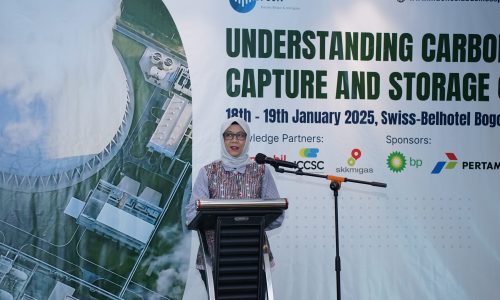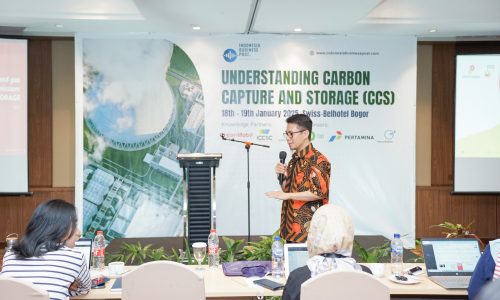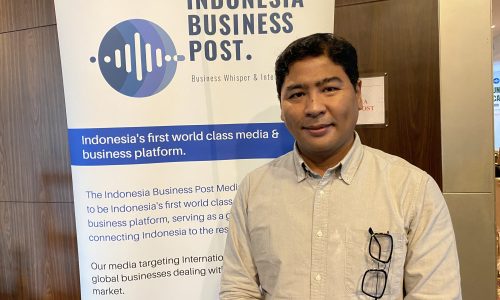Oil palm entrepreneurs in Indonesia are advised to report data related to their oil palm plantation area to the Indonesian Government in order to improve palm oil industry governance and optimize state revenue.
Luhut Binsar Panjaitan, Coordinating Minister for Maritime Affairs and Investment (Menkomarves) asked business actors to be more transparent with their palm oil business. However, this policy still faces obstacles.
The Task Force for Improving Governance of the Palm Oil Industry and Optimizing State Revenue said that there are still companies that have not uploaded spatial documents in the self-reporting phase which will continue until August 3, 2023.
This self-reporting phase requires companies to report and update information related to their plantation area by filling in the data completely through the Plantation Licensing Information System (SIPERIBUN).
This information includes important matters regarding location permits, plantation business permits, and rights to cultivate (Hak Guna Usaha) in tabular and spatial formats and includes the current plantation area size.
Meanwhile, business actors can also upload the company version of their permit spatial map, which will be verified by the Task Force. All uploads will be integrated with the Task Force’s internal data to be matched and verified for accuracy. Companies can be summoned for clarification regarding permits for their plantation.
However, until now there are still several companies that have not complied with this important requirement.
The Task Force appealed to all palm oil company entities to upload spatial documents and show discipline in reporting current conditions, so that data can be accurate and transparent.
At present, the task force has made all efforts to encourage companies to comply involving various stakeholders from the palm oil industry.
According to Luhut, he understands the importance of this reporting phase for the Task Force. Not only for optimizing state revenues but also solving the problem of oil palm plantations in forest areas.
“I ask all business actors to comply with efforts to improve the governance of the palm oil industry that are being carried out by the government,” he said.
He emphasized that the government would take firm action against business actors who ignore this improvement effort.









